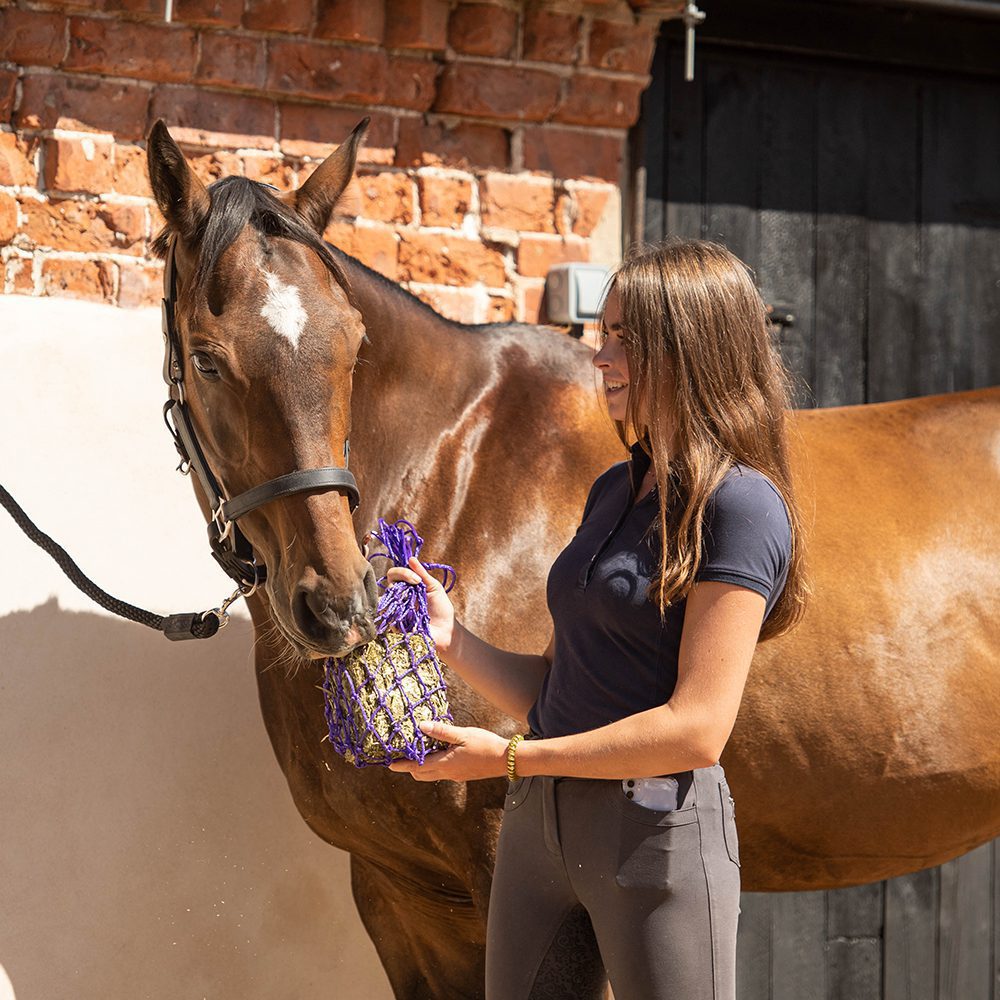Yes, rabbits can eat horse hay as part of their diet. Horse hay is safe and nutritious for rabbits.
Rabbits are herbivorous animals that require a high-fiber diet to maintain a healthy digestive system. While hay is a staple in a rabbit’s diet, not all types of hay are suitable for them. However, horse hay is typically safe for rabbits to consume.
It provides the necessary fiber content and helps wear down their constantly growing teeth. Horse hay can be offered to rabbits in unlimited amounts, allowing them to munch on it throughout the day. However, it’s important to ensure that the hay is fresh, free from mold or dust, and of good quality. By offering horse hay to your rabbit, you can help promote their overall well-being and digestive health.
Understanding The Nutritional Needs Of Rabbits
Rabbits have unique digestive systems and specific dietary requirements. One crucial element in their diet is fiber. Providing an appropriate source of fiber is essential for maintaining their overall health. Horse hay can be a suitable choice for rabbits as it is high in fiber and low in protein and calories.
However, it is crucial to ensure that the hay is clean, fresh, and free from any mold or contaminants. Other types of hay that can be fed to rabbits include Timothy hay, Meadow hay, and Oat hay. These varieties offer different nutrient profiles and tastes, allowing for some variety in the rabbit’s diet.
Giving your rabbit access to good-quality hay is vital for their digestive health and well-being.
Examining Horse Hay As A Food Option For Rabbits
Horse hay, a common feed for horses, can also be considered as an alternative food option for rabbits. Comprised mainly of dried grasses and legumes, horse hay contains a variety of nutrients that can benefit rabbits. However, before incorporating it into their diet, it is crucial to consider the potential risks as well.
Horse hay may contain pesticides or other chemicals that can be harmful to rabbits if not properly sourced. Additionally, since horse hay is typically higher in fiber compared to traditional rabbit hay, it can lead to digestive issues if given in excessive amounts.
Nevertheless, if introduced gradually and in appropriate quantities, horse hay can offer rabbits a diverse nutritional profile. It is important to consult with a veterinarian to determine the suitability of horse hay for your rabbit’s specific needs.
Ensuring Safety When Feeding Horse Hay To Rabbits
When it comes to feeding your rabbit horse hay, it is essential to ensure their safety. Introducing horse hay gradually into their diet is crucial. Determine the quality and safety of the hay before giving it to your bunny. It is also important to supplement the horse hay with other bunny-friendly foods.
By doing so, you can provide a balanced and nutritious diet for your rabbit. Take into consideration the specific needs and preferences of your furry friend. Monitor their reaction to the hay and make any necessary adjustments to their diet.
Keeping your rabbit healthy and happy is the ultimate goal, so always prioritize their well-being.

Credit: www.equilibriumproducts.com
Conclusion
It is important to consider the nutritional needs of your rabbit when deciding on the type of hay to feed them. While horse hay can be a suitable alternative in some cases, it may not provide all the necessary nutrients and can lead to health issues if given as a primary diet.
Rabbit-specific hays, such as timothy or orchard grass, are better options as they are specifically formulated to meet their dietary requirements. These hays are higher in fiber and lower in protein, which is essential for maintaining a healthy gastrointestinal system in rabbits.
Additionally, providing a variety of fresh vegetables, clean water, and occasional treats will help to ensure a well-balanced diet for your furry friend. Remember to consult with a veterinarian before making any significant changes to your rabbit’s diet to ensure their health and well-being.
